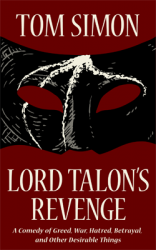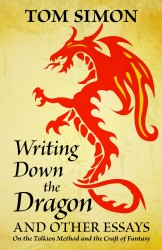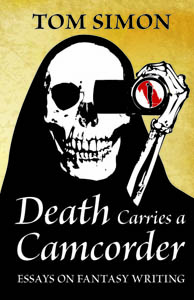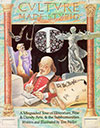The third part of the series, following ‘Quakers in Spain’ and ‘Gwladys and the Ghraem’lan’. As with those two, an earlier and shorter version appeared on LiveJournal in May, 2006.
Most readers like formed stories; I have this taste to an unusual degree. I have never lost, or as the sophisticates would call it, ‘outgrown’ the taste for a well-turned plot that I drank in — not with my mother’s milk, for I was raised on cheap commercial substitutes — but at any rate with the oldest stratum of my father’s teaching, with the earliest books (after Dr. Seuss) that he gave me to read. A child is not subtle; a child likes stories to be marked by clear signposts, and would rather have five spoilers than one ambiguity.
Partly this is because a child has not formed a pattern of expectations about stories. Grown people dislike spoilers, I suspect, largely because they have read (or watched) so much fiction that they generally know what to expect: a real surprise, to them, is a rare and precious thing, and if you deprive them of one, you do them a real injury. Every turn in a story is a surprise to a child, and the suspense can become too hard to bear. It was a master-stroke when William Goldman, in the film version of The Princess Bride, had the grandfather interrupt his telling of the tale to reassure his grandson that Buttercup ‘does not get eaten by eels at this time’. To an experienced reader, any peril that threatens to kill off the heroine a third of the way through the book is an obvious bluff. A very young reader has to find out the hard way.
Nowadays, even the average six-year-old has imbibed enough stories, chiefly through the medium of television, to be wise to the obvious tricks; in sad consequence, even a six-year-old may be angry at spoilers. But there are less naked ways to signal the phases of a story, ways that can be made subtle enough (and misleading enough) to please the palate even of a very old and sophisticated reader. One of the best devices for this purpose is the chapter break, with or without a title. [Read more…]













Recent Comments